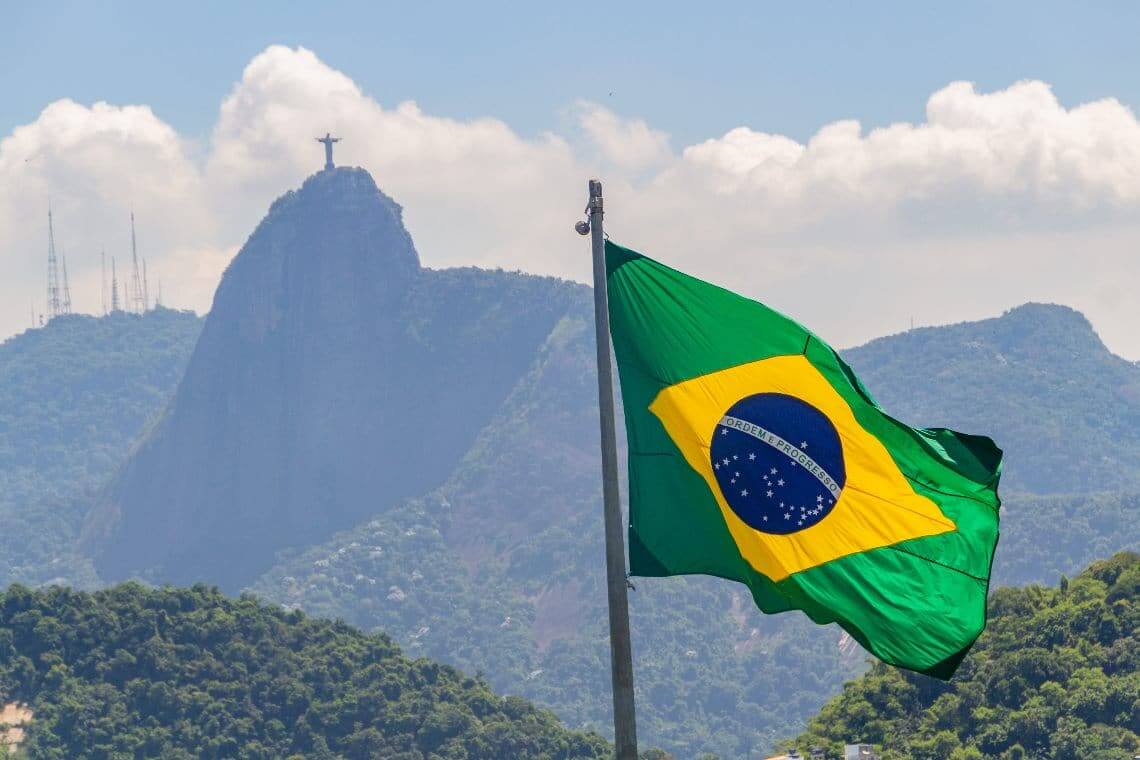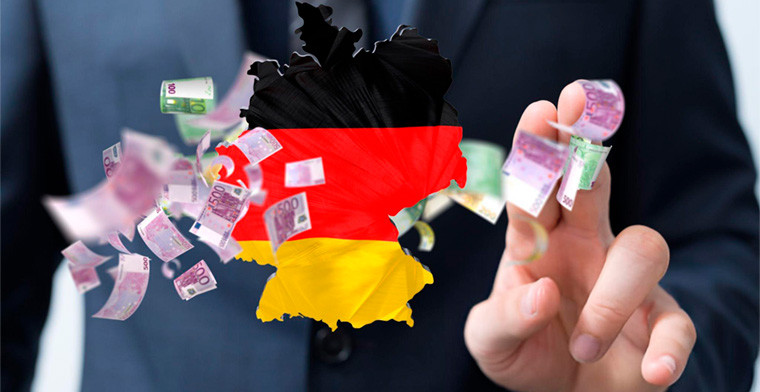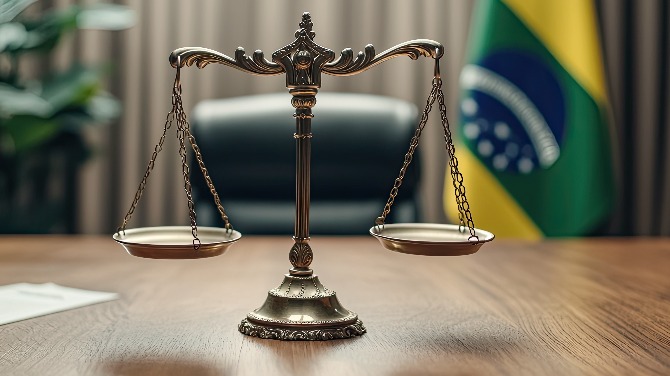The Brazilian federal government has acknowledged its current lack of reliable data on revenue from the online betting sector. This admission was made by the Secretariat of Prizes and Bets, under the Ministry of Finance, in response to an official request from Congressman Saulo Pedroso.
The Congressman asked for detailed financial information about the industry, which has grown significantly in recent years. According to the Undersecretary of Monitoring and Inspection, Fabio Macorin, the government’s Betting Management System has been undergoing technical adjustments since May. Therefore, it has been impossible to collect accurate revenue data. The challenge comes despite the implementation of fixed-odds betting regulation in January 2025, kickstarting regulatory moves in the sector.
Technological Challenges and Tax Proposal
The government is currently working with the Federal Data Processing Service to process and organize vast amounts of data submitted by licensed operators. SPA officials report that nearly 50 million betting-related records are transmitted daily, overwhelming the existing processing infrastructure.
Against this backdrop, Finance Minister Fernando Haddad proposed an increase in the taxation of online betting operations. On June 8, he suggested raising the gross revenue tax rate from 12 percent to 18 percent as a means to compensate for the rollback of a proposed increase in the Financial Operations Tax.
Ramp-up in Enforcement Actions
While accurate revenue data remains elusive, government agencies have increased efforts to curb illegal online betting activities. Between October 2024 and May 2025, the SPA reported blocking over 13,000 unlicensed betting websites operating in Brazil.
In addition to targeting illegal platforms, enforcement actions have also extended to social media. The SPA initiated 48 lawsuits against digital influencers for promoting unlicensed betting operators. These efforts led to the removal of 39 Instagram accounts and 76 specific posts in violation of advertising regulations.
Supervision Guidelines and Criminal Enforcement
All monitoring and enforcement activities are guided by SPA/MF Ordinance No. 1,225/2024, which outlines procedures for regulating the online betting sector. The SPA has the authority to request access to operators’ internal systems and documentation. Authorities stress that the illegality is not a result of regulatory loopholes, but of clandestine operators deliberately flouting the law.
Many of these platforms are allegedly involved in financial crimes, especially money laundering. Hence, the government adopts a twofold approach with administrative sanctions such as fines and criminal investigations to hold offenders accountable legally. The government continues to build the technological and regulatory capacity for bringing full transparency to Brazil’s booming gambling sector.

 Companies
Companies 





